Newsfeed
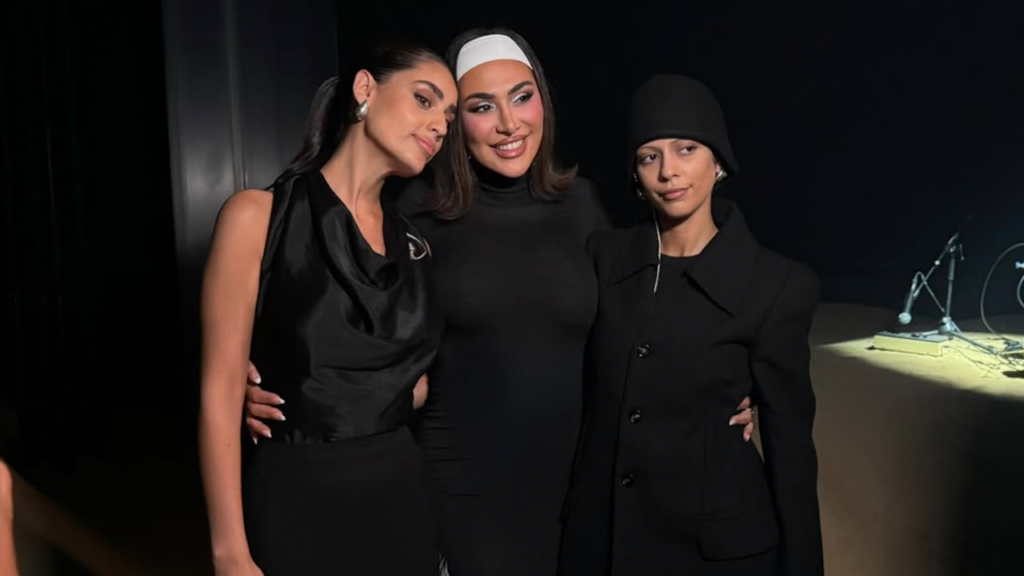
The Middle Eastern and North African music scene has a long history of artists blending traditional sounds with contemporary influences to create a truly unique sound.
Today, a new generation of artists are emerging from across the region, pushing boundaries and challenging norms with their bold sounds, unapologetic voices, and groundbreaking talent.
These women are leading the charge for the next generation, redefining what it means to be a female artist in the Arab world and opening new doors for Middle Eastern music on the global stage.
Nemahsis
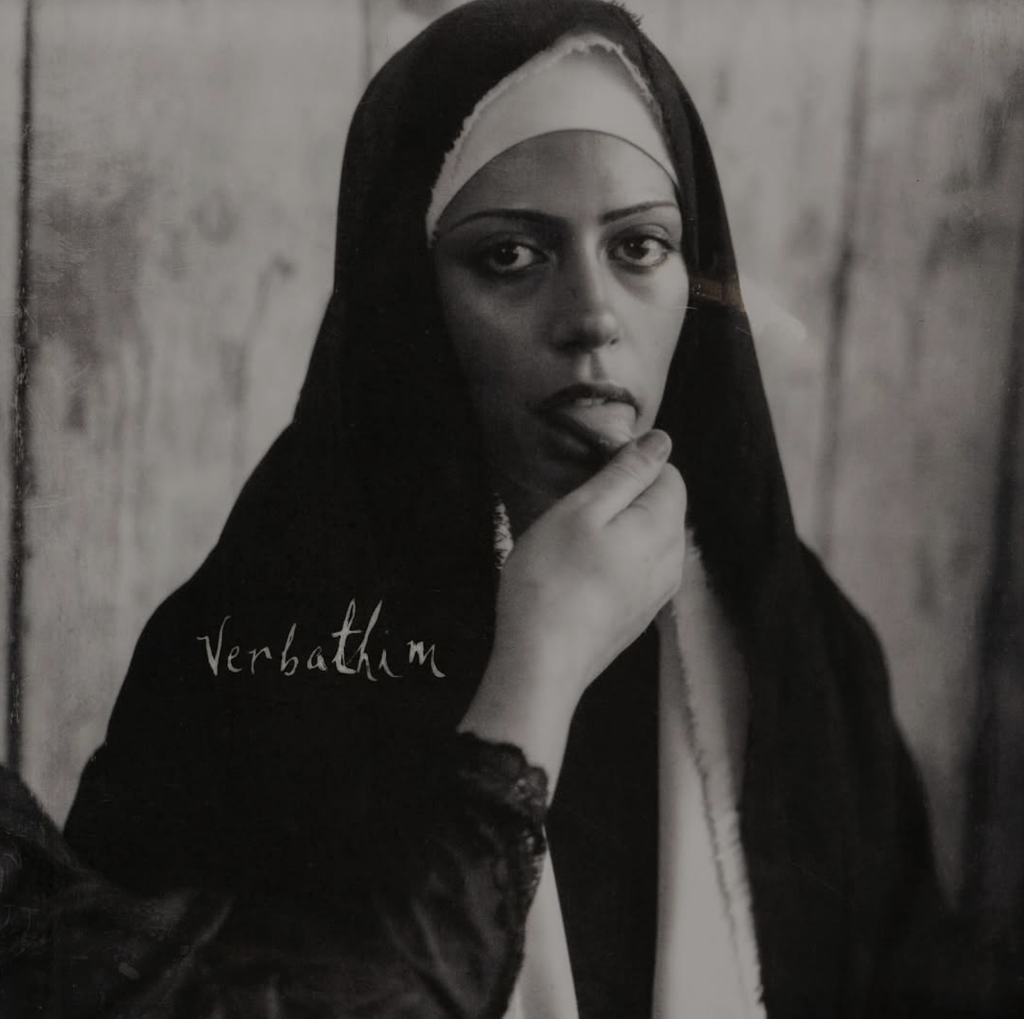
Nemah Hasan, aka Nemahsis, has captivated audiences around the world with her bold sound and fearless approach to the music industry. The 29-year-old Palestinian-Canadian artist first rose to fame with “what if i took it off for you?” in 2021, sparking conversation in the Muslim community about the hijab. The following year, she took off after releasing her debut EP eleven achers, exploring themes of immigration, mental health, and depression. However, Nemahsis was then dropped by her then label in October 2023. The artist stated: “My label just dropped me, a Palestinian artist, for being pro-Palestine”. After being dropped by her label, she turned to TikTok, Twitter, and Spotify to build an audience, making a comeback through self-advocacy and transparency through sharing her experience and music. She recently released her debut album Vertabhim, creating a sound that is raw, personal, and powerful, all while challenging the conventions of both music and identity. Through her resilience and authenticity, she’s paving the way for a new generation of Middle Eastern female artists, making her voice one to watch.
Zeyne
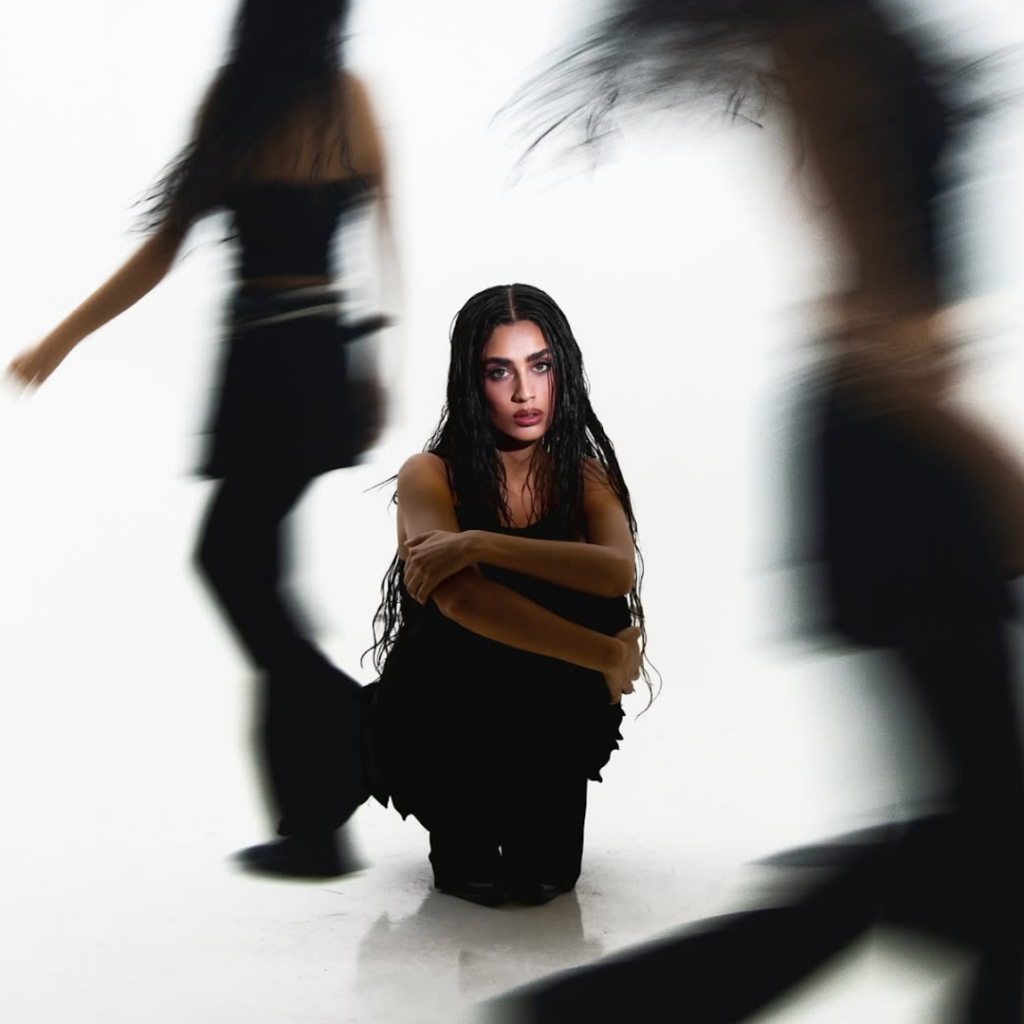
Palestinian-Jordanian singer Zeyne blends Arabic heritage with Western influences. Born to Palestinian parents, she grew up in a home where music was always present, learning piano and performing in a dabke (traditional Palestinian dance) group. During the pandemic, Zeyne began sharing covers on Instagram, gaining global recognition with her performance on the show Colors. Her debut single “Minni Ana” mixes Arabic R&B with modern sounds, while her latest track, “Balak” (featuring Saint Levant), explores love and longing. Zeyne’s music reflects her personal experiences and the challenges of being a young Arab woman in the industry, tackling topics not often discussed in her culture, such as mental health, anxiety and more, giving a voice to those who feel silenced by society. Her ability to blend genres and tell deeply personal stories that resonate with listeners, have made her a rising star, gaining attraction and fans worldwide.
Almas
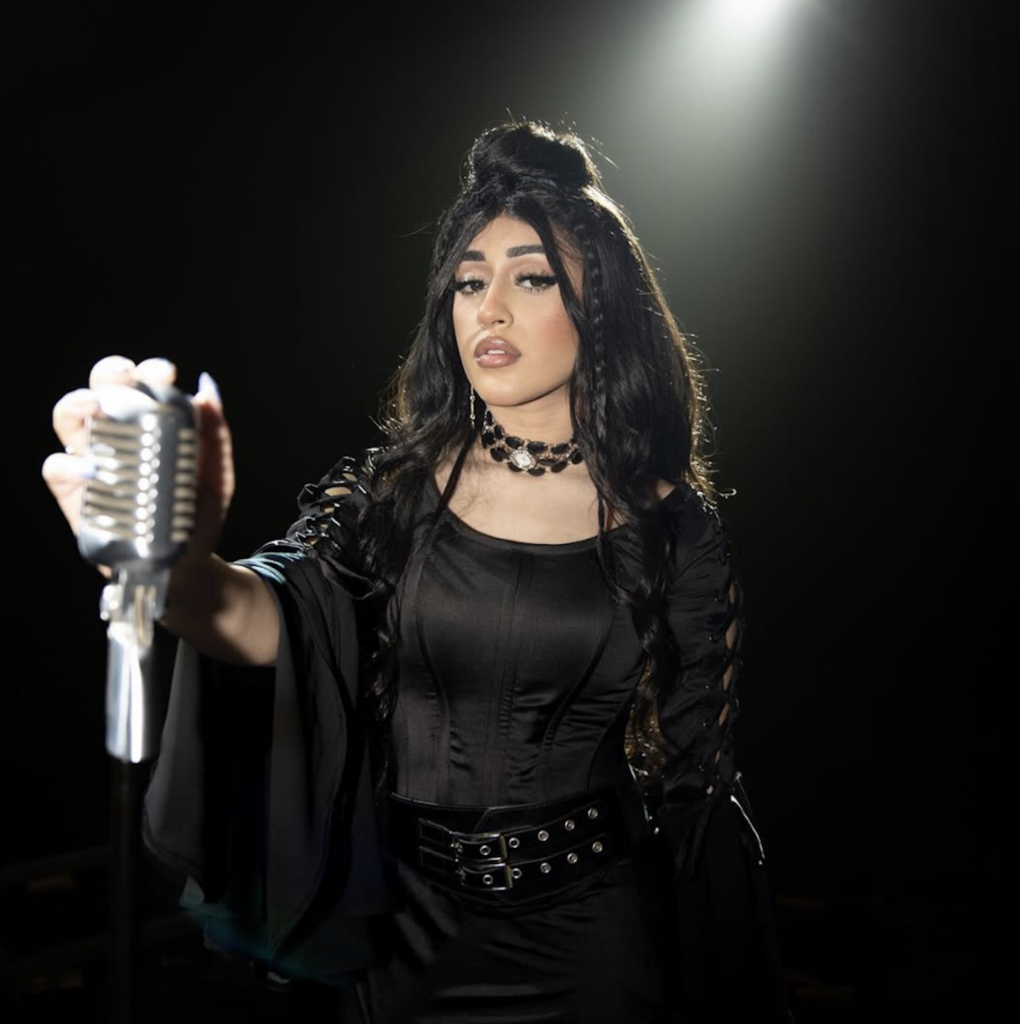
Almas, an Emirati singer from Khor Fakkan, began her career at just 15. Inspired by the natural beauty of her hometown, Almas initially focused on Khaleeji pop and Iraqi songs. But as she grew, she started experimenting with rap, producing her own beats, and collaborating with young music producers. Almas continues to inspire with her bold and unique sound, transforming Khaleeji pop by mixing traditional sounds with fresh, new genres. Her major breakthrough came when she performed at the Expo 2020 opening alongside big names like Hussein Al-Jassmi, where she sang the official theme song “This Is Our Time”, celebrating the UAE’s culture, the future, and bringing together nations from around the world. Recently, she became the ambassador for Spotify’s Equal Arabia program, further establishing her as a trailblazer for women in the Arab music scene.
Laura Mekhail
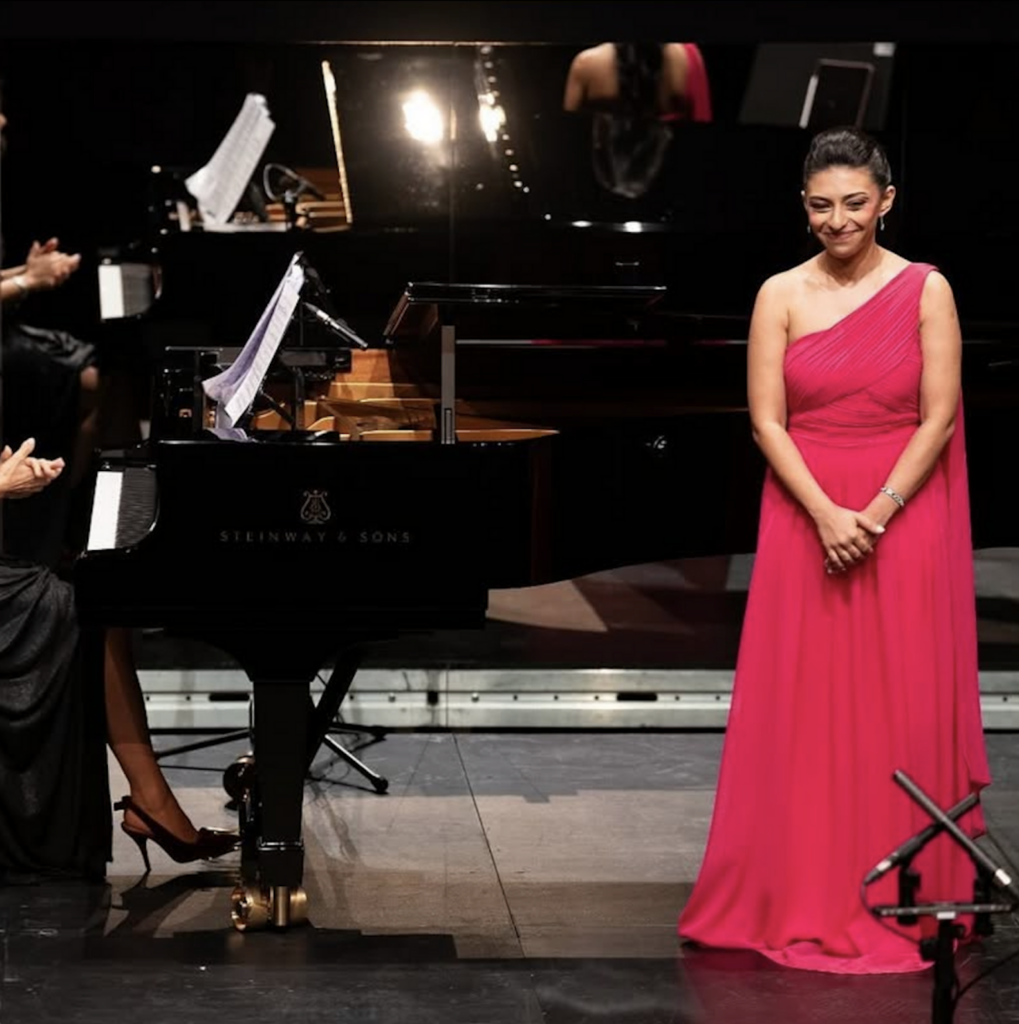
In early 2024, Egyptian soprano Laura Mekhail made her mark on the classical music scene, performing with Andrea Bocelli in AlUla, performing at the Dubai Opera and becoming the first Arab woman to receive the prestigious Bocelli-Jameel scholarship. Raised in Minya, Egypt, Laura initially faced concern about pursuing classical singing, but she stayed determined to follow her passion. Now, Laura is changing perceptions of classical music and making her mark globally, inspiring future generations with her story of perseverance and dedication to her passion. Her success story is now an inspirational one, setting new standards for young Arab women.
Cosmiccat
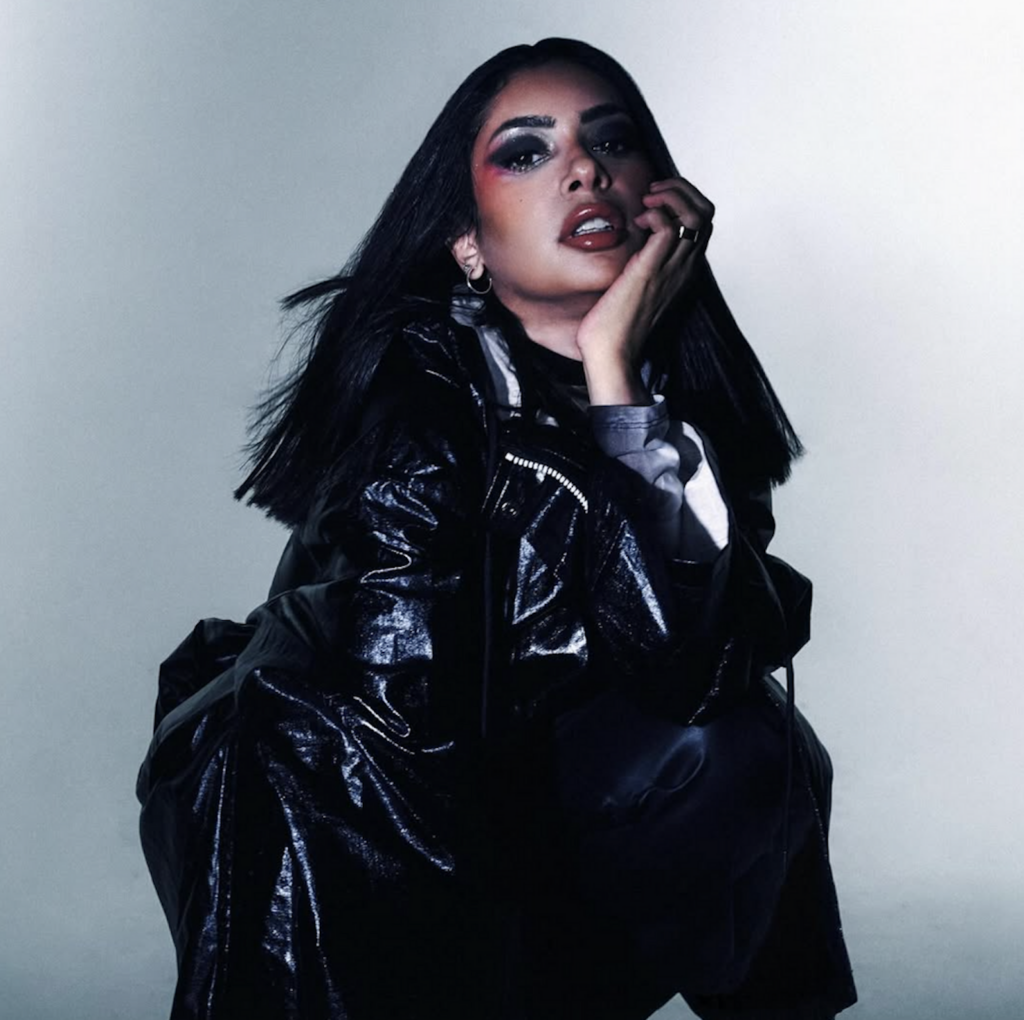
Saudi Arabia’s first female DJ, Nouf Sufyani, aka Cosmiccat, has taken the electronic music world by storm, paving the way for women in electronic music. Born and raised in Jeddah, her love for music began at an early age, though she initially pursued dentistry before following her passion for music production. Since 2016, she has performed at some of the world’s most renowned festivals, including Ultra Miami and Exit Festival. Cosmiccat’s journey is one of determination and ambition, challenging societal expectations and navigating a traditionally male-dominated industry. Through her deep passion for music, unique sound and unapologetic persona, she’s become a trailblazer for women in the Arab electronic music scene, breaking barriers and inspiring a new generation of Arab women in music.
Nour
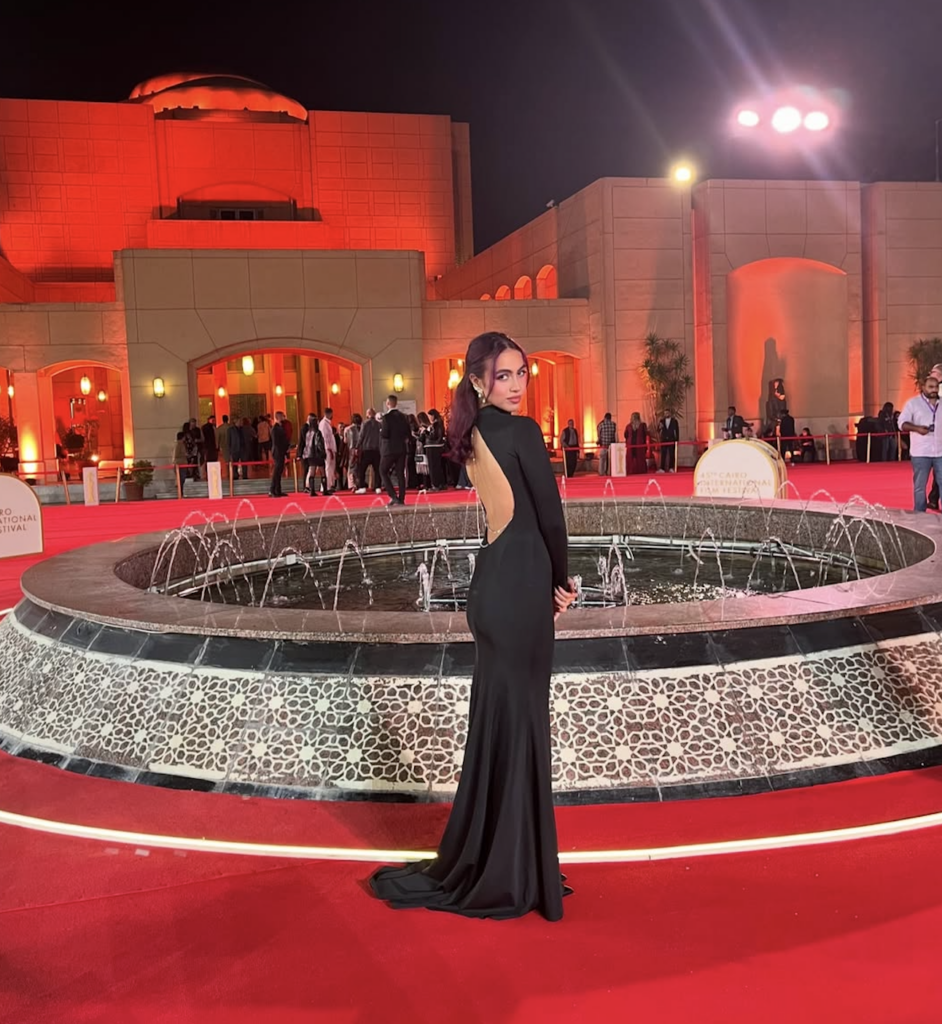
Egyptian singer Nour is making a name for herself in the global music scene with her mix of soul, R&B, jazz, and UK garage. She developed an interest in music at a young age, often performing in school talent shows. Despite facing challenges as a woman in a male-dominated industry, Nour’s music resonates with fans around the world. Her debut single “Purple Heart” and recent track “Wana” blend Arabic and English lyrics to address themes like grief and self-reflection and has since taken the music scene by storm with her unique sound and identity helping her rise to fame. Nour’s rise has been nothing short of impressive, pushing boundaries and setting new standards for what it means to be an Arab woman artist in today’s music world.
Yara Mustafa
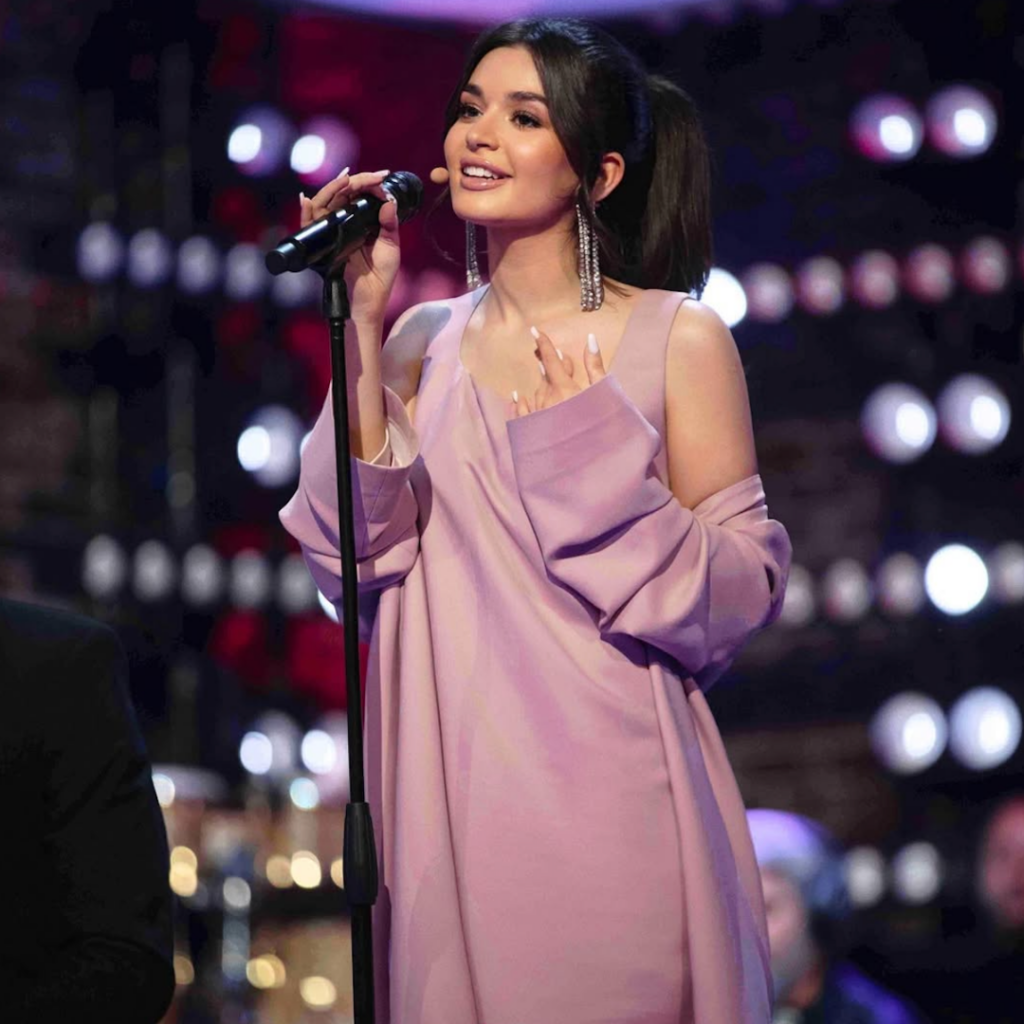
Saudi-born, raised in Kuwait and Jordan, and now based in the US, Yara Mustafa is a trained soprano singer and actress known for her powerful voice. At just 17, she was cast in Netflix’s AlRawabi School for Girls, where she also recorded a theme song for the series. Though she faced societal pressure, Yara rose above it and kept pushing the boundaries of what it means to be an Arab woman in the entertainment industry. Recently, she has became the face of Erborian and is also sponsored by Samsung, while continuing to inspire through her bold and captivating performances.
Tamtam
Previous GRAZIA cover star, Riyadh born singer Tamtam is reshaping the music scene. Born in Riyadh and now based between Los Angeles and Saudi Arabia, Tamtam blends alternative pop, R&B, and Arabic influences, breaking cultural boundaries. Her debut album “Ma3assalama Side A” merges old-school Arabic cinema vibes with modern pop beats and her bold sound and empowering lyrics have earned her a loyal fanbase worldwide. Each track highlights how Tamtam’s music transcends both borders and generations through her sound. Despite early struggles, including her family’s concerns, Tamtam has made a name for herself globally. She is now on a mission to take Arabic music to the world and bridge the cultural divide between East and West while championing issues of identity, gender equality, freedom, and empowerment.
Nadine El Roub
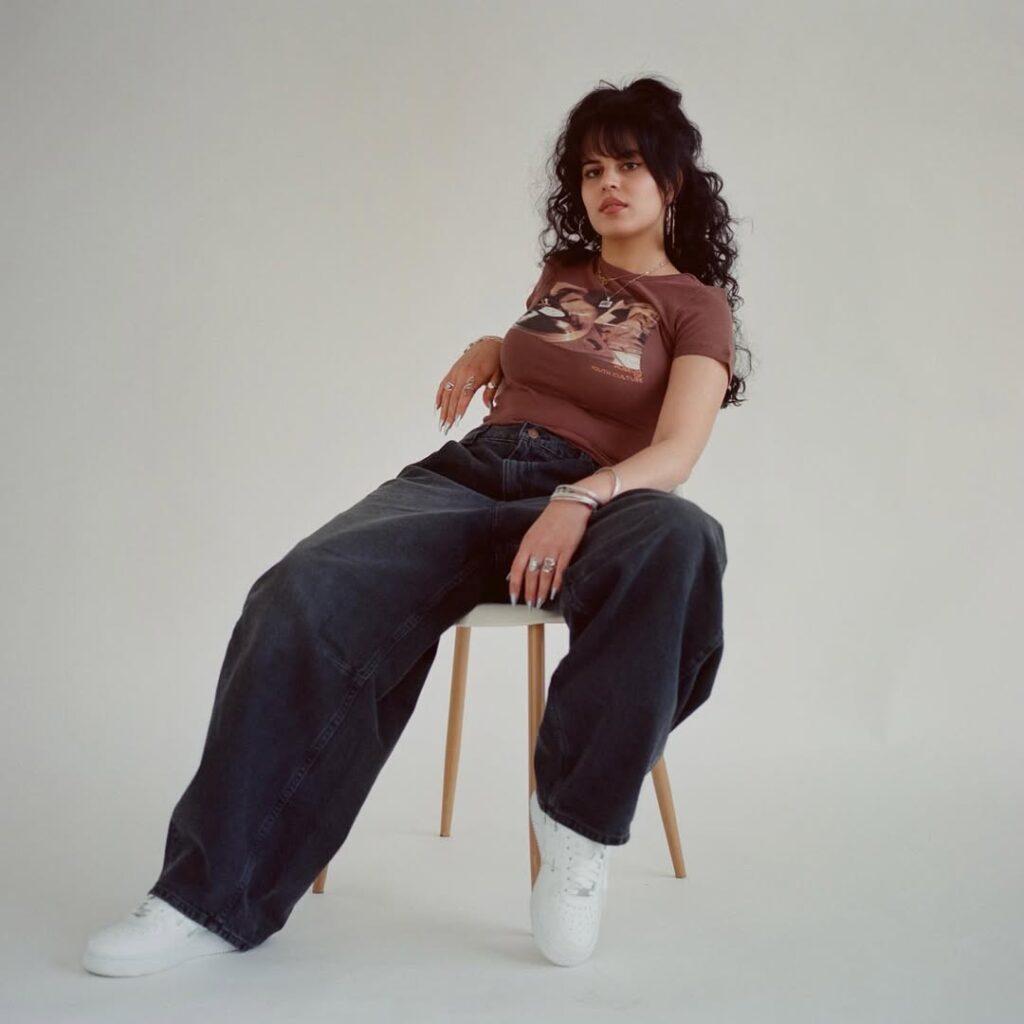
Sudanese-Egyptian artist Nadine El Roubi blends Afro-Arab influences with modern sounds. Raised across multiple countries, Nadine’s music is inspired from her diverse upbringing. Her debut EP Triplicit in 2022 explored themes of self-discovery and empowerment. Known for her freestyles on social media, Nadine uses her platform to speak out on issues like gender, culture, and the ongoing conflicts in Sudan and Palestine. Her recent single New Era is an anthem of confidence, showcasing her blend of trap and Arabic influences and her unapologetic lyrics and unique sound have made her a standout artist in the global music scene. While her songs feature a range of sounds, the underlying themes remain consistent: self-love, self-discovery, and human connection, all through the lens of a third-culture Afro-Arab woman. Nadine is redefining what it means to embrace one’s heritage while pushing the boundaries of music. Her unapologetic, genre-blending style is challenging stereotypes and giving a voice to a new generation of Arab women.








